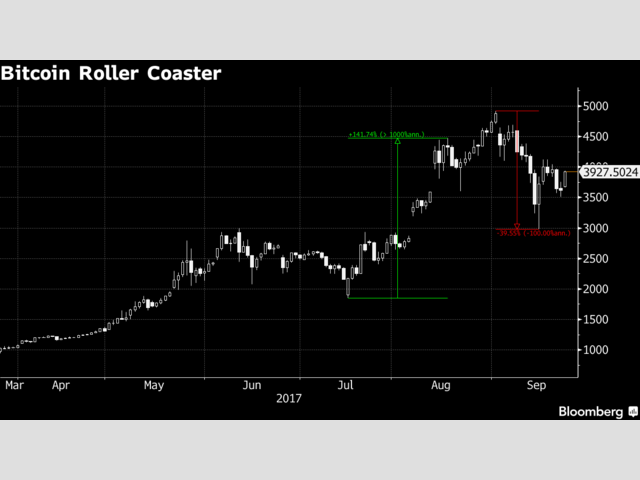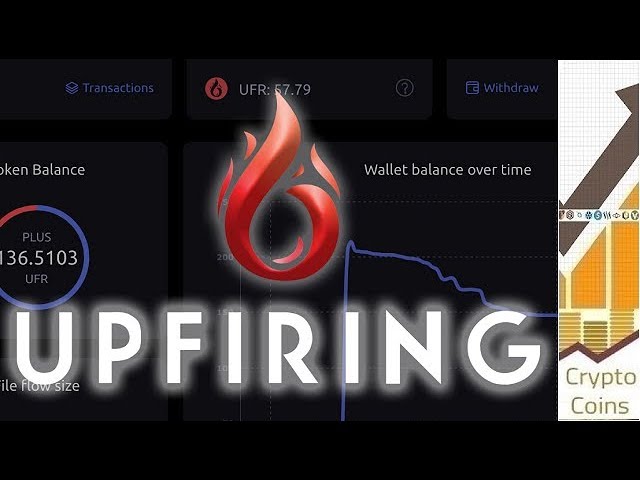Leverage Definition - Investopedia
https://earncryptoinstantly.paramoney.net/2019/10/03/slew-meaning-in-the-cambridge-english-dictionary/ The risk is that if the market turns against you the losses will be much greater than had you been trading without leverage. The textbook definition of “leverage” is having the ability to control a large amount of money using none or very little of your own money and borrowing the rest. You can use it to take advantage of comparatively small price movements, ‘gear’ your portfolio for greater exposure, or to make your capital go further. Leverage definition: Leverage is the ability to influence situations or people so that you can control what. | Meaning, pronunciation, translations and examples. Financial Leverage Definition Financial leverage is the use of debt to buy more assets. Trading using leverage does not is increase the risk of a trade; it is the same amount of risk as using …. When nothing came, he backed up, charged the wall, and pushed off, gaining enough leverage to grab. Using Leverage to Grow Your Wealth If you’re unfamiliar with the concept of leverage, it might seem a bit intimidating at first. Leverage definition, the action of a lever, a rigid bar that pivots about one point and that is used to move an object at a second point by a force applied at a third. See more. Leverage definition is - the action of a lever or the mechanical advantage gained by it. Leverage is employed to increase the return on equity. How much forex leverage to use is a common question, especially among new forex traders. The word comes by adding the suffix -age to the verb lever. Leverage has the potential to help you reach your profits much quicker. Financial leverage which is also known as leverage or trading on equity, refers to the use of debt to acquire additional assets. A newbie trader should go for a lower leverage than an experienced trader who is knowledgeable about the risks of the markets. Following the results of the Brexit vote and the Bank of England’s decision to cut the base rate to a historical low of 0.25%, borrowers now have access to the lowest 2, 5 and 10 year fixed mortgages on […].
In finance, leverage (sometimes referred to as gearing in the United Kingdom and Australia) is any technique involving the use of debt (borrowed funds) rather than fresh equity in the purchase of an asset, with the expectation that the after-tax profit to equity holders from the transaction will exceed the borrowing cost, frequently by several multiples — hence the provenance of the. Define leverage. leverage synonyms, leverage pronunciation, leverage translation, English dictionary definition of leverage. n. 1. a. The action of a lever. b. The mechanical advantage of a lever. 2. Positional advantage; power to act effectively: "started his. How to use leverage in a sentence. The diagram below shows the effects of profits and losses on leverage. The most important thing is how much of your account equity you. Leverage typically means using borrowed money to finance the purchase of an asset. Conversely, he prescribes risk mitigation to limit losses you can’t afford. Leverage, as a business term, refers to debt or to borrowing funds to finance the purchase of inventory, equipment and other company assets. This resource walks readers through how a company can systematically and strategically influence the behavior of others, including in its value chain, when seeking to prevent or address human rights risks. That is, the principles recognise that companies need to find practical ways to drive change by using leverage. The UNGPs' approach to leverage reflects principled pragmatism.
LEVERAGE meaning in the Cambridge English Dictionary
- Using leverage Global Business Initiative
- Using Leverage as a Verb Fluent
- Leverage definition and meaning Collins English Dictionary
Leverage is an investment strategy of using borrowed money—specifically, the use of various financial instruments or borrowed capital—to increase the potential return of an investment. If zoci = z 2 x 2, and z i t= z 2 y 2, then the leverage of any portion of the load applied at x 2 will be the same as the leverage of any part of the load applied at and the pressure produced at y i will be the same for equal portions of the load, whether they were originally applied at x 1 or x2. But the UNGPs and stakeholders also expect companies to be creative, and to build and use leverage in different ways to achieve meaningful outcomes. Imagine a big rock. You ram a crowbar underneath it, push down on the bar and the rock begins to rise. When you lever (verb) the rock, you get this: lever + -age = leverage. Trading using leverage allows traders to trade markets that would otherwise be unavailable, and allows them to trade more contracts (or shares, forex lots, etc.) than they would otherwise be able to afford. Leverage is a key feature of CFD trading and spread betting, and can be a powerful tool for a trader. Specific to foreign exchange (forex or FX) trading, it means you can have a small amount of capital in your account controlling a larger amount in the market. This is the flexible or efficient use of balance, leverage, and movement in the performance of Judo throws and other skills. That almost ensures that they will be rocking backward and using body leverage, thereby negating the effect of the curl. The first thing you need to do when using leverage to trade is to determine the size of the leverage. This is because the size of the leverage you use can make or break your account balance. Business owners can use either debt or equity to finance or buy the company's assets. Using debt, or leverage, increases the company's risk of bankruptcy - but, it also can increase the company's profits and returns; specifically its return on equity. For example, to control a $100,000 position, your broker will set aside $1,000 from your account. Your leverage, which is expressed in ratios, is now 100:1. Great assets can always be leveraged. And since leverage is the ultimate multiplier—you can use one dollar to buy four dollars. What investment allows you to invest $1 million and own $4 million in assets. Other key principles deal with limiting ideas associated with trading time for money. But with this comes higher risk. The green line shows leverage at 10:1. With. Leverage has pros and cons, so we want to utilize it effectively but not recklessly. The use of financial leverage to control a greater amount of assets (by borrowing money) will cause the returns on the owner's cash investment to be amplified. However, an excessive amount of financial leverage increases the risk of failure, since it becomes more difficult to repay debt. Leverage is the ratio between credit and equity capital in a financial transaction. One of the main reasons for using leverage is to increase the profitability of an asset. Consequently using leverage in a stock transaction, allows a trader to take on a greater position in a stock without having to pay the full purchase price. But it’s not only a great way to increase your assets, leverage is also a great tool to have in your back pocket next time you’re investing in real estate. Publications Using Leverage in Business Relationships to Reduce Human Rights Risks. Leverage The use of debt financing, or property of rising or falling at a proportionally greater amount than comparable investments. For example, an option is said to have high leverage compared to the underlying stock because a given price change in the stock may result in a greater increase or decrease in the value of the option. Viewing 4 posts - 1 through 4 (of 4 total) Author Posts 12/27/2017 at 3:57 pm #48528 WilliamParticipant Hi there, Using leverage: My / most brokers give 200% leverage on Stocks/ETN’s. When calculating an AIF’s exposure using the Gross Method, AIFMs. Although that may seem like a fool’s errand given the devastating financial. What this means is that with $500 in your account you can control $50K. 100:1 is the best leverage that you should use.


Comments
Post a Comment